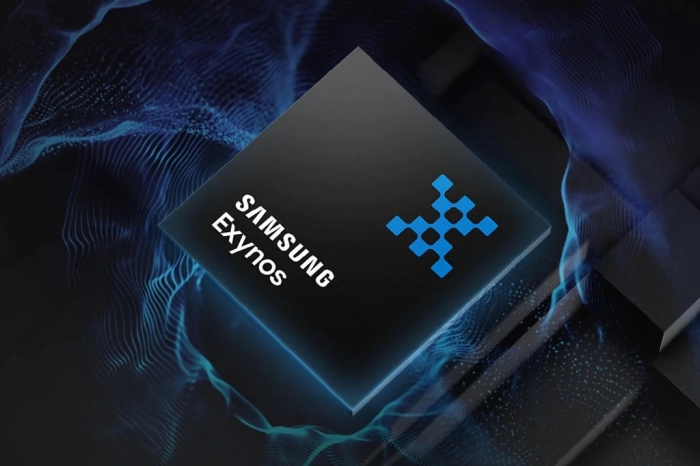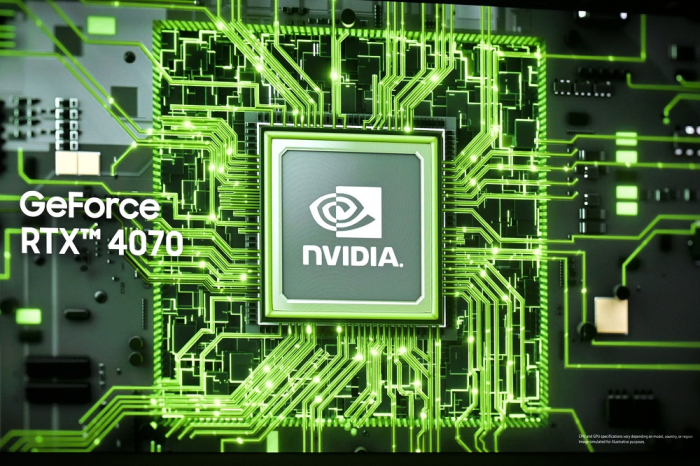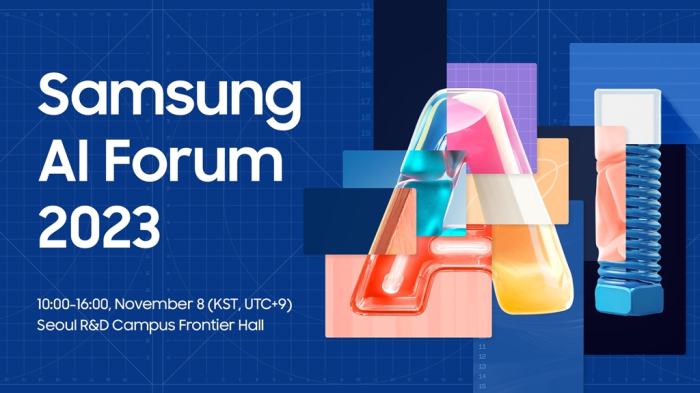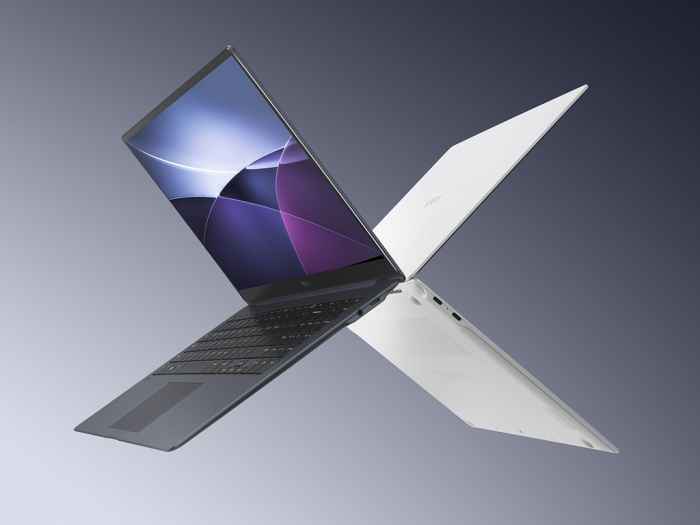Tech, Media & Telecom
Samsung ramps up on-device NPU chip R&D; LG Electronics joins race
NPUs are soon expected to overtake GPUs as the dominant players in the AI chip segment
By Jan 07, 2024 (Gmt+09:00)
3
Min read
Most Read
LG Chem to sell water filter business to Glenwood PE for $692 million


KT&G eyes overseas M&A after rejecting activist fund's offer


Kyobo Life poised to buy Japan’s SBI Group-owned savings bank


StockX in merger talks with Naver’s online reseller Kream


Meritz backs half of ex-manager’s $210 mn hedge fund



Samsung Electronics Co., in a rare move, has added 200 engineers to its system-on-chip design team at its research center in South Korea to develop neural processing unit (NPU) chips, integral to so-called on-device artificial intelligence technology.
The addition of an unusually large number of chip design engineers to Samsung Research Center, the Korean tech giant’s future technology institute, comes as the company is ramping up the hiring of advanced chip experts at its US affiliates in Austin and Silicon Valley.
"To seize the nascent on-device AI electronics market, we believe enhancing our NPU development capabilities is the key to our business success," said a senior Samsung executive on Sunday.
The NPU is a semiconductor for inference, one of the two key AI functions alongside learning. It processes information like the human brain and is often integrated into system-on-chips (SoCs) for electronic devices, handling tasks such as automatic language translation and content quality improvement.
Smart gadgets equipped with on-device AI technology implement AI services without relying on cloud or server connectivity – a task undertaken by the NPU.

On-device AI is an artificial intelligence technology that implements AI capabilities on the device itself, instead of going through computation in a physically separated server or cloud. AI functions can become more responsive and provide more customized AI services as smart devices are capable of collecting and computing information on their own.
NPU: SOUGHT-AFTER SPECIALTY CHIP
With the emergence of smartphones, home appliances, TVs and laptops incorporating on-device AI, NPUs have become one of the most sought-after specialty chips. According to market research firm Gartner, the AI-specific NPU market is forecast to grow to $117 billion by 2030 from $32.6 billion in 2022.
Semiconductor companies, including Samsung, the world’s largest memory chipmaker, Qualcomm and Intel, view NPUs as a growth segment and are actively expanding their presence in the market.
Last October, Samsung unveiled the Exynos 2400, a smartphone SoC with NPU performance 14.7 times faster than its predecessor.

Qualcomm has also launched the Snapdragon 8 Gen 3, a system-on-chip for smartphones boasting a 98% NPU performance improvement compared to its predecessor.
Major tech giants, including Google, Apple, Amazon and LG Electronics Inc., joined the NPU development race.
The trend is for companies to move towards developing customized NPUs in-house rather than purchasing pre-built ones, as a tailored NPU is more suitable for properly operating on-device AI on their products.
LG Electronics last year began developing its second-generation on-device NPU to enhance AI functions on its TVs that automatically improve TV image quality.

NPU TO OVERTAKE GPU AS TOP AI CHIP
In the semiconductor industry, NPUs are expected to replace graphics processing units (GPUs) as dominant AI chips.
Nvidia Corp.’s GPUs currently account for 90% of the global AI semiconductor market.
While GPUs are widely used in large-scale data learning in AI training using cloud servers, NPUs are increasingly becoming the main players in the on-device AI era.
Analysts say on-device AI technology, which enables customized and personalized AI functions on smart gadgets and even in autonomous driving cars without internet connectivity, will be the next “game-changer” in the information technology sector.

According to market researcher IDC, the global on-device AI market is expected to explode from this year to reach $150 billion by 2027.
Samsung, the world’s largest smartphone maker by volume, is slated to unveil the Galaxy S24, its next-generation flagship model equipped with its first on-device AI tech, at a Galaxy Unpacked event in Silicon Valley on Jan. 17.
Other tech companies are also opting for NPUs in their latest products.
Tesla Inc. plans to use HW3.0, an in-house developed on-device NPU for its autonomous vehicles.
Write to Jeong-Soo Hwang and Chae-Yeon Kim at hjs@hankyung.com
In-Soo Nam edited this article.
More to Read
-
 Korean innovators at CES 2024Samsung dubs upcoming Galaxy S24 AI phone as on-device AI race rages on
Korean innovators at CES 2024Samsung dubs upcoming Galaxy S24 AI phone as on-device AI race rages onJan 04, 2024 (Gmt+09:00)
3 Min read -
 Tech, Media & TelecomNew Samsung, LG laptops drive industry shift toward on-device AI
Tech, Media & TelecomNew Samsung, LG laptops drive industry shift toward on-device AIDec 17, 2023 (Gmt+09:00)
3 Min read -
 Artificial intelligenceSamsung unveils generative AI Gauss, to be integrated in Galaxy S24
Artificial intelligenceSamsung unveils generative AI Gauss, to be integrated in Galaxy S24Nov 08, 2023 (Gmt+09:00)
4 Min read -
 Artificial intelligenceOn-device AI chips: New battleground for chipmakers
Artificial intelligenceOn-device AI chips: New battleground for chipmakersNov 05, 2023 (Gmt+09:00)
3 Min read -
 Korean chipmakersSamsung unveils next-generation flagship mobile processor
Korean chipmakersSamsung unveils next-generation flagship mobile processorOct 06, 2023 (Gmt+09:00)
2 Min read
Comment 0
LOG IN


